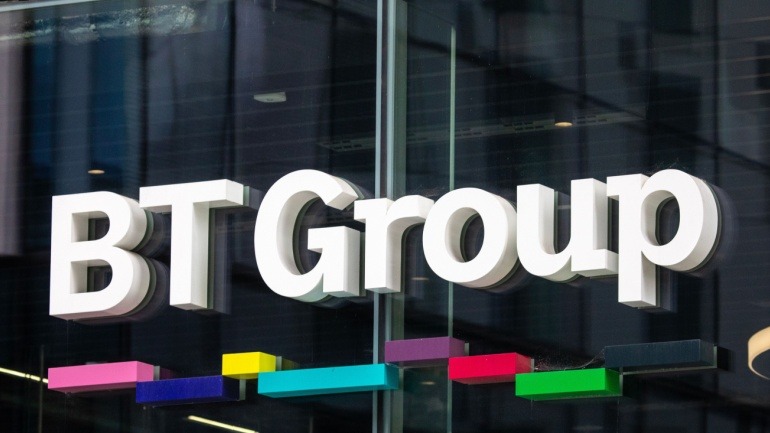BT Group has reported a slight revenue increase to £20.8 billion, a 1% rise from last year, driven by price hikes for broadband customers, robust sales of fibre products in Openreach, and growth in the consumer division. However, the company’s pre-tax profits dropped sharply by 31%, falling to £1.18 billion, despite a 2% rise in adjusted EBITDA, which reached £8.1 billion.
Capital expenditure decreased by 3% to £4.9 billion due to reduced network spending, despite an accelerated rollout of fibre-to-the-premises (FTTP) by Openreach. The FTTP deployment rate hit one million premises in the past quarter, averaging 78,000 homes per week. To date, Openreach has connected approximately 14.8 million FTTP broadband lines with a 34% uptake rate.
BT has successfully met its cost-saving target of £3 billion a year ahead of schedule, largely due to its extensive job reduction program aiming to cut 55,000 positions by the decade’s end. New CEO Allison Kirkby has announced plans to cut an additional £3 billion in costs by 2029.
Kirkby expressed confidence in achieving increased short-term cash flow and outlined a plan to more than double the company’s normalized free cash flow over the next five years. She emphasized BT’s commitment to customer service and national connectivity, aiming to streamline operations and optimize global business, which she believes will position BT for substantial growth.
Following these announcements, BT’s share price rose by 8% to 122p in early trading. Kirkby also announced a 3.9% increase in shareholder dividends, raising them to 8p per share.
Despite these positive indicators, BT continues to face pressure to expand its FTTP infrastructure while managing a £20 million debt. The company’s declining share price has led to significant short selling, with major investors like BlackRock and hedge funds such as AKO Capital betting against its stock. Currently, BT is the sixth most shorted company in the FTSE 100.







